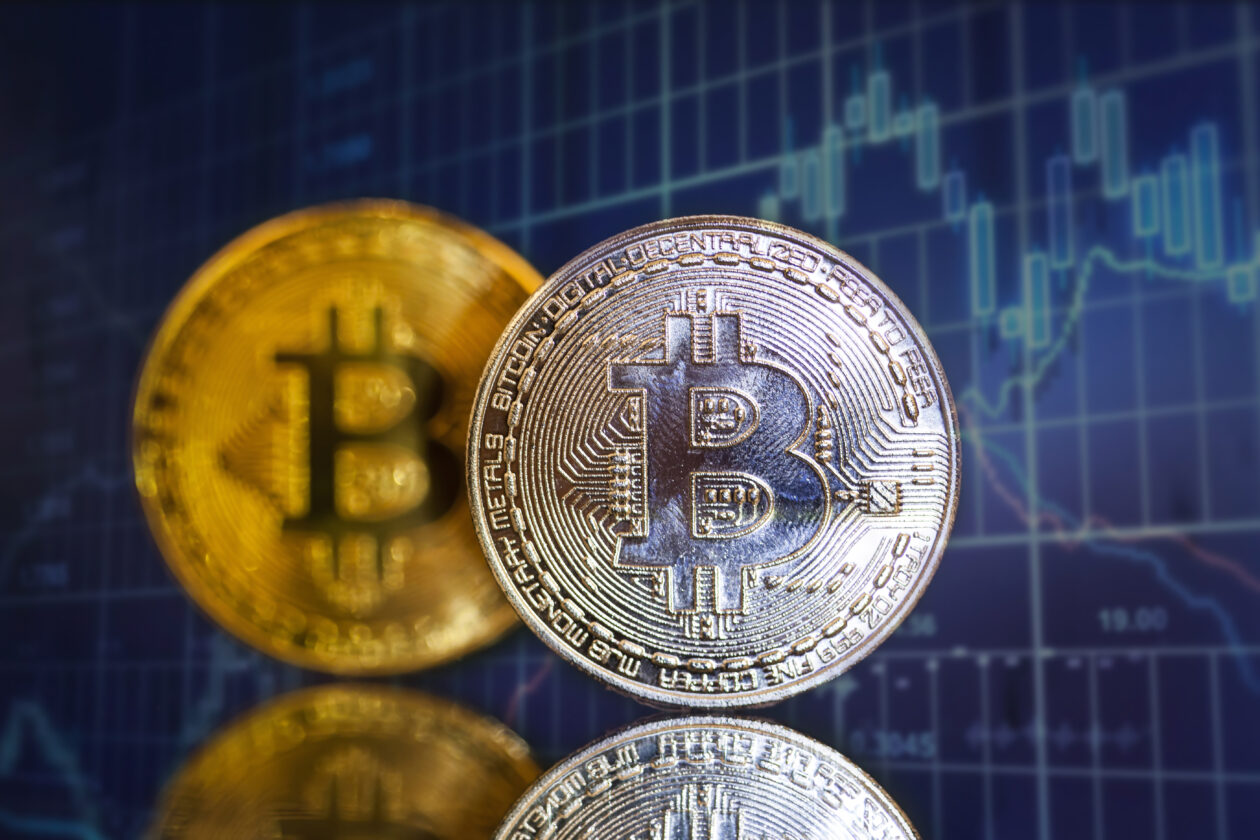Bitfinity, a Bitcoin layer 2 network, has successfully raised US$7 million in a token round, valuing the company at US$130 million, as it prepares for its mainnet launch, which is expected either later this month or early February.
The funding, led by prominent investors such as Polychain Capital and ParaFi Capital, will bolster Bitfinity’s efforts to integrate Ethereum Virtual Machine (EVM) capabilities with Bitcoin, potentially enabling faster and cheaper Bitcoin-enabled decentralized finance (DeFi) services.
The project, which operates on the Internet Computer Protocol (ICP), a blockchain computing system developed by the Dfinity Foundation, aims to bridge the gap between Bitcoin and Ethereum ecosystems by allowing Ethereum developers to create Bitcoin-compatible applications. This development is significant as it represents a growing trend in the crypto space to enhance Bitcoin’s functionality and expand its use cases beyond being a simple store of value.
Bitfinity’s recent funding round was divided into two parts: an initial seed round of approximately US$1 million in 2021 and a subsequent growth round that brought the total to US$7 million. The latter round, which concluded last June, catapulted the company’s valuation to the US$130 million mark.
Max Chamberlin, Bitfinity’s co-founder, revealed that the announcement of the funding was strategically timed to build excitement ahead of the network’s mainnet launch. Currently, Bitfinity is in the testnet phase, rigorously testing its network before going live.
The integration of EVM with Bitcoin through Bitfinity is a strategic move that could unlock a plethora of new applications and use cases for Bitcoin. By being EVM-compatible, Bitfinity allows developers familiar with Ethereum’s programming environment to create decentralized applications (dApps) that can interact with Bitcoin. This could potentially lead to a surge in Bitcoin’s utility, particularly in the DeFi sector, which has been predominantly Ethereum’s domain.
ICP operates across a distributed network of machines worldwide. It employs a consensus model known as proof-of-useful-work. Bitfinity leverages this technology to enable smart contracts to hold and transfer Bitcoin and Ordinal assets on-chain.
Ordinals, the iteration of non-fungible tokens on the Bitcoin chain, have been the most popular NFTs in the market in recent months.
The Bitcoin blockchain became the fourth blockchain to cross US$2 billion in total NFT sales yesterday, according to CryptoSlam data. It leads all chains in NFT sales volume over the past 30 days almost US$872 million.




